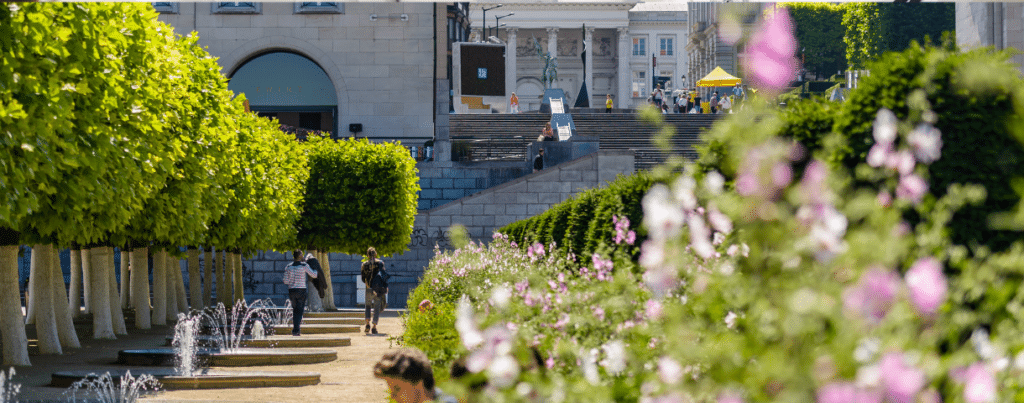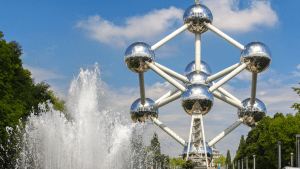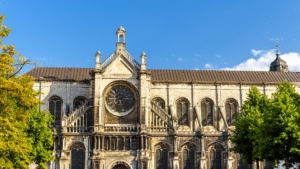The new municipal council for the City of Brussels has presented its ambitious six-year plan aimed at transforming the city into a cleaner, safer, and more appealing place to live and visit by 2030.
Key Measures and Goals
- Pedestrian and Traffic Improvements
A major highlight is the ban on bicycles and e-scooters in key pedestrian areas, particularly Boulevard Anspach, the central thoroughfare between Place Fontainas and De Brouckère. This measure aims to reduce conflicts between pedestrians and two-wheeled traffic. Cyclists and e-scooter users will be redirected to parallel streets like Rue de Laeken and Rue Van Artevelde, where new bike lanes are under development. - Cleanliness and Green Spaces
The council plans to enhance the city’s cleanliness by introducing more public and underground waste bins, increasing the number of street sweepers, and launching a targeted rat control programme. Additionally, Brussels will prioritize creating accessible, pleasant public spaces by replacing unattractive concrete blocks with green spaces, “cool-off spots,” and aesthetic urban furniture. Pavement accessibility will also be improved. - Budget Responsibility and Sustainability
Mayor Close emphasized the importance of responsible financial management, stating that the city will optimize existing resources and explore new revenue streams without increasing taxes. This approach aims to strike a balance between fiscal discipline and investment in public services. - Safety and Security
A significant focus will be on enhancing public safety through integrated measures to combat drug trafficking, street racing, and nuisance behaviours. This includes boosting patrols, strengthening surveillance systems, and adopting preventive approaches to address public health and safety issues. - Social Initiatives and Housing
The council has pledged to tackle homelessness through prevention plans focused on shelter, counseling, and collaboration with social actors. Efforts to improve healthcare services in the capital will also be reinforced.
To address housing challenges, a fourth general housing plan will be introduced to make accommodation more affordable for Brussels residents. The city will also impose a progressive tax on homeowners with vacant properties, while combating illegal tourist accommodations.
- Preserving Heritage
Respect for Brussels’ historical, natural, and public heritage remains a priority. Investments will be made to protect and restore the city’s unique urban and cultural landscape.
Vision for 2030
The coalition’s overarching ambition is to create a sustainable, clean, and safe city that meets the needs of its residents while attracting visitors and investment. Mayor Close highlighted the importance of delivering accessible, high-quality public services and fostering a pleasant, calm, and modern urban environment that supports both economic and social growth.




